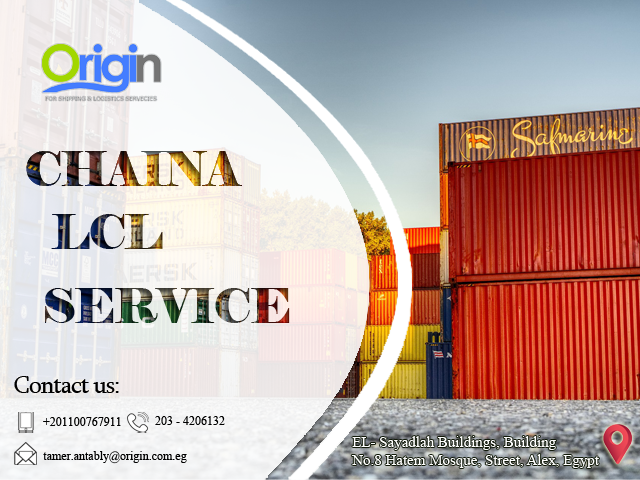2- Nov- 2023

What's
Meant by Container Rollover?
When a
shipment cannot be loaded on the preferred vessel and must be scheduled for a
later journey, it is referred to as rollover cargo. Rolling over a container
might result in additional fees that could be rather significant, but the terms
of the cargo will determine who is responsible for paying them. The consignee
or cargo receiver is responsible for paying these fees whenever the shipment is
made EXW (Ex Works) or FOB (Free On Board). However, if the shipment's incoterm
is CFR (Cost and Freight), the shipper will be kind enough to pay for it.

When is a container rolled over?
The
container may roll over for a number of reasons. These causes might come from:
Shipping
line (Sea Carrier): Occasionally, due to congestion at the port of loading, the
captain of the ship might decide to discharge the container for any number of
reasons, including overbooking. More likely to be skipped if the vessel doesn't
make the loading date are more dramatic scenarios in which it has technical
difficulties on its way to the loading port. The container(s) will thus need to
wait for the next available vessel.
Shipper (seller): If the delivered order(s) aren't ready for loading in a timely manner, the container won't be loaded, which will ultimately result in the cancellation of the present space and an amendment to the booking. Additional fees like demurrage, detention, and maybe even fines are anticipated to be incurred. In many nations, the shipping company will provide 5 days of free loading time for the container(s). In the event that these days are surpassed without a shipping line extension, fees will be incurred (per container per day).
What
occurs next?
Rolling over
a container indicates that there is a missing component in the puzzle. The
shipping line will often reserve it on the first available vessel. The shipper
or consignee should request a date modification if the new sailing date still
presents too much of an obstacle for them to overcome; otherwise, they may be
required to pay fines.
Following the modification of the booking, the priority should be on finding a solution to the current problem and setting everything up correctly so that the container may be loaded. Cargo owners must wait until things return to normal unless the cause of the problem is uncontrolled, such as a random customs check or a part-time unexpected event.
How to Avoid Rolling Over your container?
Avoiding
every cause for rollover is difficult. Certain ones, such constantly monitoring
production and procurement while working with the transport department to
prevent any problems during container loading at the shipper's site, might be
avoided. Alternatively, by providing customs with all the necessary paperwork
on time, you may perform export procedures without experiencing any delays.
In other situations, unfortunately, certain factors are beyond your control. An earthquake cannot be prevented, and a storm can't be controlled to allow the vehicle to carry the container. Surely a phone call won't be enough to solve port congestion. Consequently, under these extreme situations, your only option is to wait for everything to settle down before loading the container onto the ship.
Find our blogs